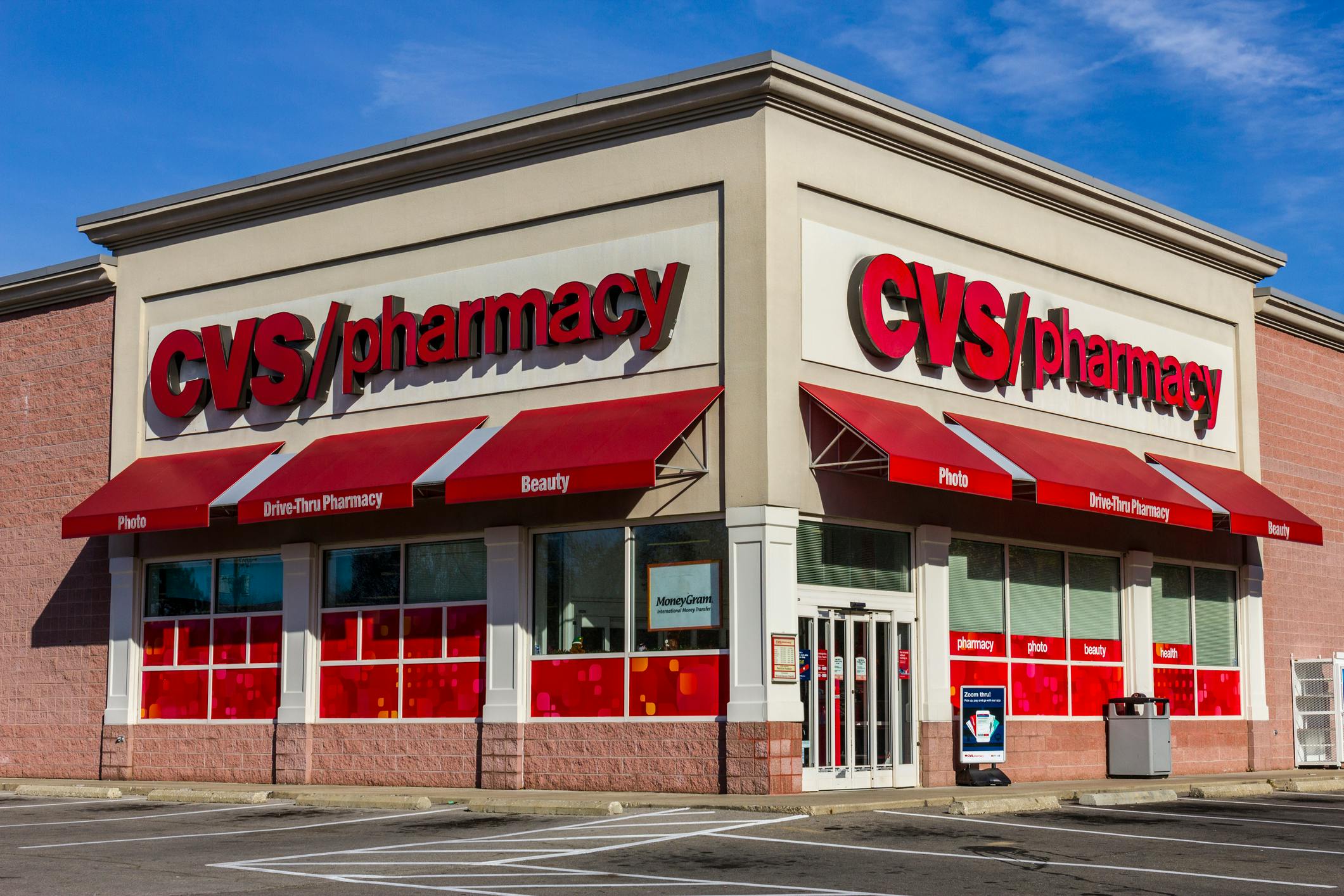Why medical costs are dragging down health insurers
Shares of CVS plunged Friday after CEO changes and a profit warning, but the reason behind declining forecasts is spreading throughout the industry.
Shares of CVS tumbled more than 9% on Friday as the embattled pharmacy giant warned on earnings and replaced CEO Karen Lynch with David Joyner, who most recently was the head of CVS’s pharmacy benefit business.
CVS has had a few months of upheaval. It delivered earnings that missed expectations for two quarters straight and was reportedly considering a breakup under pressure from activist interests. (The company said Friday that it would not pursue one.) While announcing the leadership changes, CVS also cut its previous profit forecasts due to “elevated medical cost pressures.”
Through its ownership of Aetna, CVS offers both Medicare and Medicaid programs. And in the past year, the rising demand for medical care among an aging customer base pushed its Medical Benefit Ratio — the percentage of premiums spent on healthcare — higher. The company said that it’s expecting its third-quarter MBR to be 95.2%, which would be an almost 10% increase from 85.7% a year ago.
Joyner wrote in an internal memo to staff that “it is no secret that our industry faces significant and dynamic challenges,” Bloomberg reported.
That’s true: CVS is not alone in an industry that’s grappling with the impact of rising medical costs. Despite delivering an earnings beat, UnitedHealth stock fell sharply earlier this week as it reported growing utilization of care in its Medicare and Medicaid insurance books. The shares of premiums that UnitedHealth spent on patient care were 85.2%. Rival Elevance Health on Thursday blamed its revenue shortfall to rising cost pressures in its Medicaid business, adding that the medical cost trend in 2024 was expected to be 3x to 5x the historical average.
In addition to higher demand from higher-cost customers, the Biden administration pulling back reimbursement for Medicare and Medicaid also added to the cost pressure on many insurers. The government has cut the Medicare Advantage rates for 2025 modestly, which insurers argued were lower than expectations.
